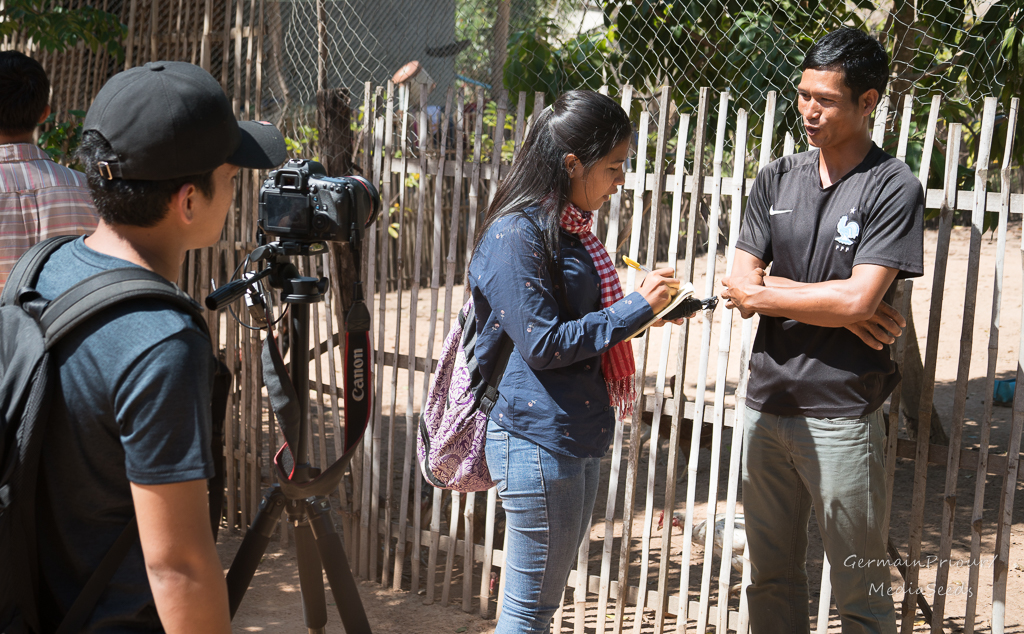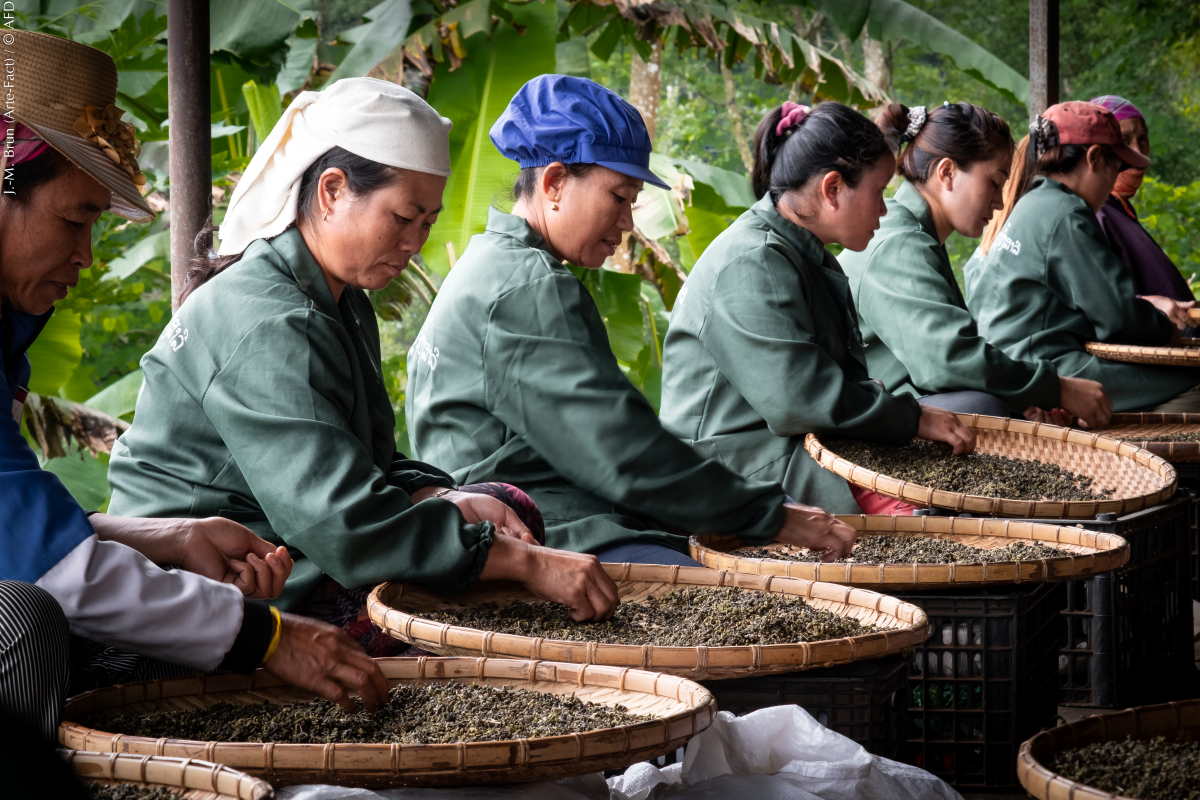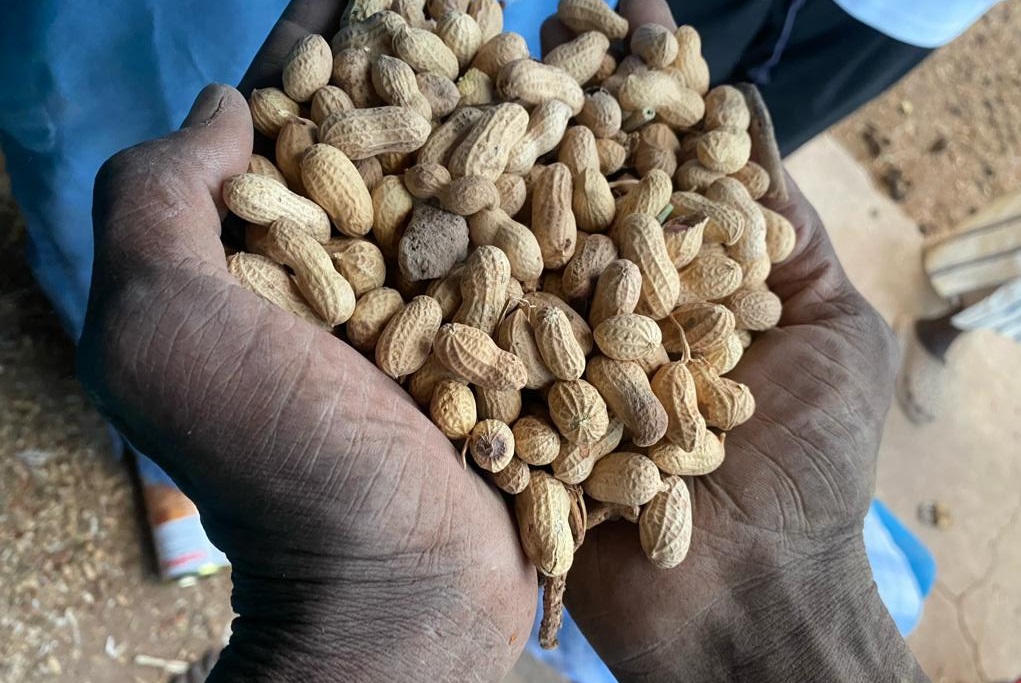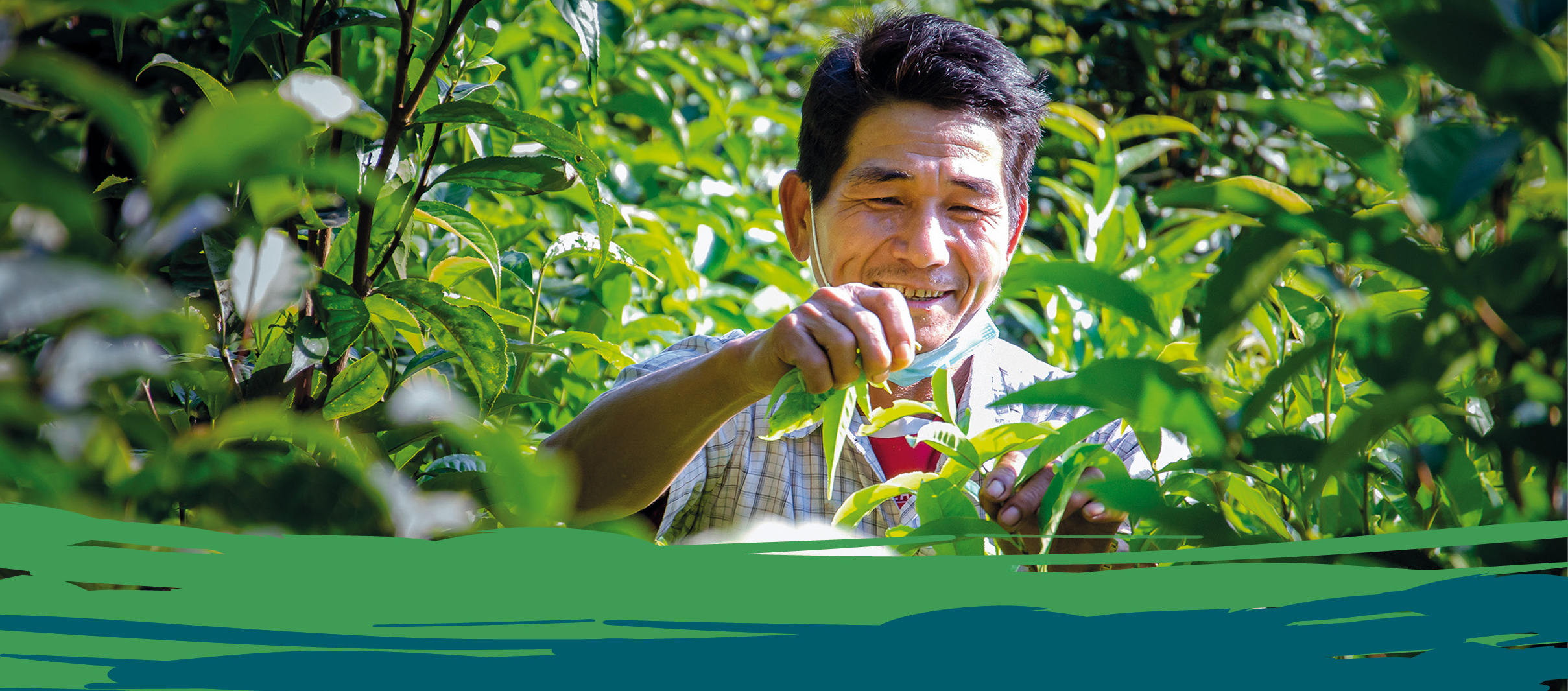Almost a year ago, numerous civil society, research and farmers’ organisations came together within a collective framework called Dynamic for agroecological transition in Senegal (Dytaes). This collective made a proposal to the State to draw up a document to contribute to public policies for agroecological transition in Senegal. Meetings were organised in Senegal’s six main agroecological zones and in Dakar to share local agroecological transition experiences, analyse the scope of these initiatives and identify levers to be activated for organisation on a larger scale.
GRET’s representation in Senegal contributed significantly to this dynamic as soon as it was launched, by organising workshops in various agroecological zones in the country. It was also part of the group of experts that drew up the Dytaes document to contribute to policy and supported its local partners – in particular local farmers’ organisations that are members of the Federation of non-governmental organisations in Senegal (Fongs) and the National council for rural consultation and cooperation (CNCR) – to share their experience.
In total, over 1,000 people participated in this process and approximately thirty sites were visited in order to conduct a diagnosis of major issues in terms of agriculture, livestock breeding, rural development and food security. These visits also made it possible to identify promising agroecological initiatives and collect policy proposals from stakeholders in each zone. In November 2019, Dytaes organised a national workshop to present the results of consultations with each zone, enabling the formulation of policy recommendations.
The document to contribute to policy drawn up by Dytaes was presented at the agroecology days, which took place on 30 January and 1 February 2020 in Dakar, under the high patronage of the President, Macky Sall. This high point, which brought together participants working in agroecology throughout the territory and in the sub-region, was the first stage in an approach for dialogue and contribution to State action, an approach intended to last over the long term.






